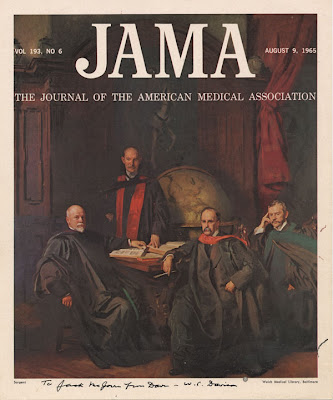From
http://www.ncbi.nlm.nih.gov/pubmed/15466939?dopt=Abstract

Thyroid development and its disorders: genetics and molecular mechanisms.
De Felice M, Di Lauro R.
Stazione Zoologica Anton Dohrn, University of Naples Federico II, 80121 Naples, Italy.
Thyroid gland organogenesis results in an organ the shape, size, and position of which are largely conserved among adult individuals of the same species, thus suggesting that genetic factors must be involved in controlling these parameters. In humans, the organogenesis of the thyroid gland is often disturbed, leading to a variety of conditions, such as agenesis, ectopy, and hypoplasia, which are collectively called thyroid dysgenesis (TD). The molecular mechanisms leading to TD are largely unknown. Studies in murine models and in a few patients with dysgenesis revealed that mutations in regulatory genes expressed in the developing thyroid are responsible for this condition, thus showing that TD can be a genetic and inheritable disease. These studies open the way to a novel working hypothesis on the molecular and genetic basis of this frequent human condition and render the thyroid an important model in the understanding of molecular mechanisms regulating the size, shape, and position of organs.
Publication Types:
PMID: 15466939 [PubMed - indexed for MEDLINE]






